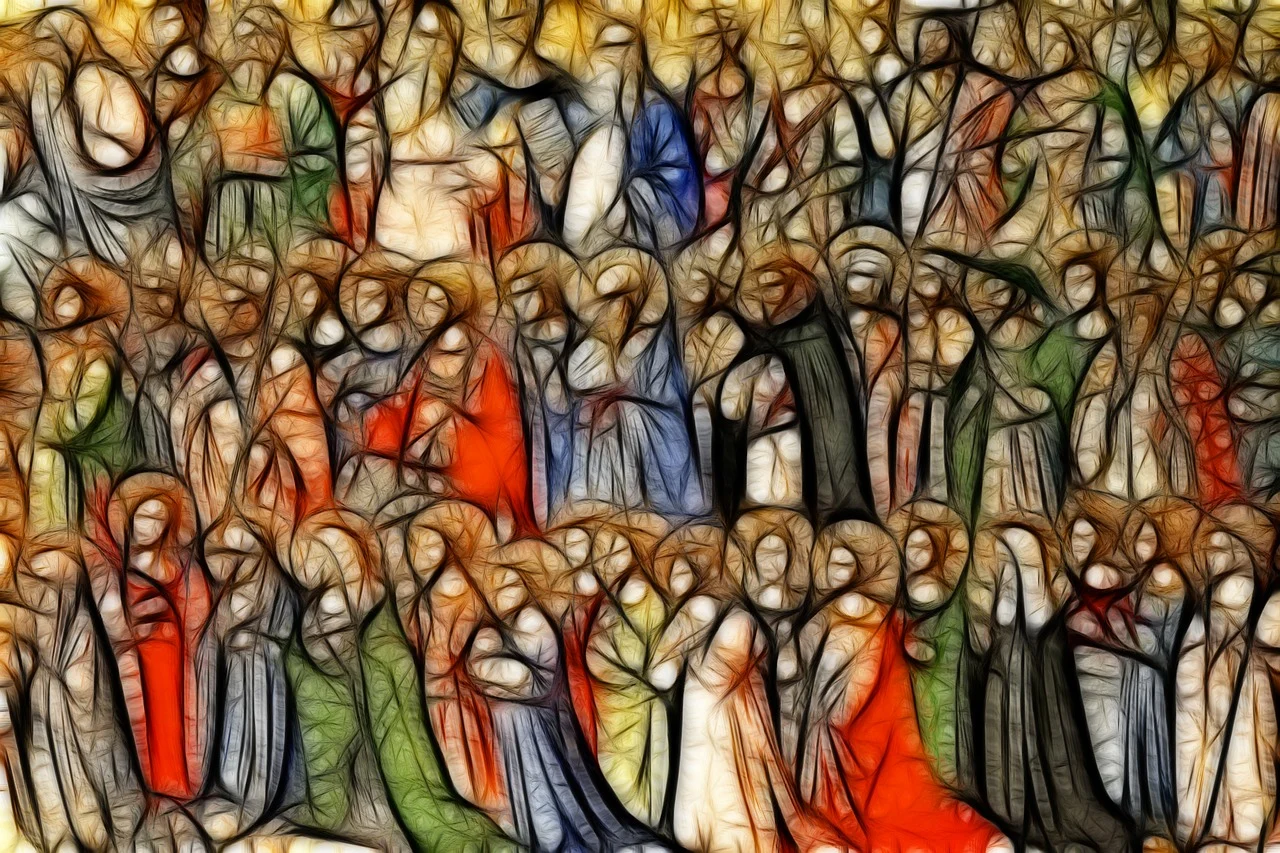
January 25, 2026

Discover the deeper meaning and connections found in this week's readings, through these great commentaries written by our priests.

Explore this week's readings and hear what God is saying to us through His Word.

Find out more about how we can mark this special day in our liturgy.

See our music recommendations for the liturgy.
Isaiah 8:23-9:3[9:1-4]
80 years ago on 8th May, Britain celebrated a special national holiday called VE Day (Victory in Europe Day). A nationwide feeling of joy swept the country when the Second World War was finally over. The prophet Isaiah describes a similar moment of good news for the troubled people of Israel in the 8th century BC: “The people who walked in darkness have seen a great light.” They can celebrate the decisive end to foreign oppression: “The rod of his oppressor, you have broken as on the day of Midian.”Centuries earlier, God had used a small force led by Gideon to defeat a large Midianite army (Judges 6-7).
The Church applies Isaiah’s proclamation to the light of Christ’s coming. Indeed, Luke’s story of Christ’s birth depicts the angels filling the night sky with brightness as they tell the shepherds that a Saviour has been born for them in Bethlehem. At Easter we celebrate Christ’s victory: “Battle is o’er, hell’s armies flee. Raise we the cry of victory, With abounding joy resounding, alleluia.” We believe that Christ frees us from the oppression of sin and death, bringing us into the light of his kingdom where we are freed to live good and holy lives on earth and are promised eternal life in heaven.
1 Corinthians 1:10-13, 17
St Paul encourages the Christian community in Corinth to bury their differences and be united in Christ. During this Week of Prayer for Christian Unity, we pray that all Christian communities may be brought together in truth and love. In today’s polarised society, Paul’s appeal has a wider relevance. Suspicion between different groups in society can often be sown, especially on social media, but we are called to be generous in our attitude to others.
Matthew 4:12-23
We are familiar with the use of Isaiah’s proclamation at Christmas. But Matthew applies this message to the light of Christ’s coming at the start of his public ministry in Galilee. His first disciples are four fishermen who recognise Christ as the fulfilment of John the Baptist’s expectation of a Mighty One coming after him. Jesus then shows his power by healing diseases, bringing light and joy to people, freeing them from what oppressed them. We pray that we may receive Christ joyfully like the first disciples.
Note on Sunday of the Word of God:
In 2019 Pope Francis designated the 3rdSunday of the Year as “Sunday of the Word of God” in his document AperuitIllis (“He opened to them”). We believe that all Scripture, whether Old or New Testament, helps us to understand our Saviour. There are many ways to access Scripture, such as through having our own copy of the Bible or a Missal, and some people find it helpful to reflect on the Mass readings for each day. Daily Mass readings and prayers are now available on the phone (Universalis).
Today is now known as “Sunday of the Word of God”: "The Third Sunday in Ordinary Time is to be devoted to the celebration, study and dissemination of the Word of God" (Pope Francis’ moto proprio Aperuitillis.) For a concise treatment of the Word of God, see CCC. paras. 101-133.
This year, today marks the end of the Octave of Prayer for Christian Unity. The Preface “The unity of the Body of Christ, which is the Church” (RM p.1337/8) would be apt. Quite by chance, the Second Reading is exactly about the problem of division within the Christian community at Corinth. For Ecumenism, See CCC.paras. 811-822.
Note: These hymns have been chosen from different sources:
The race that long in darkness (CFE711, L168, LHON665, TCH48)
Thou whose almighty Word (CFE738, L887, LHON689, TCH269)
Take my life (CFE677, L874, TCH263)
Will you come and follow me (The Summons) (CFE812, L877, LHON740)
Follow me, follow me (CFE175, L863, LHON259)
God has chosen me (CFE212, L858)
Key
CFE - Celebration Hymnal for Everyone
L – Laudate
LHON – Liturgical Hymns Old and New (Mayhew, 1999)
TCH – The Catholic Hymnbook (Gracewing)

Do you have questions about the liturgy and how we are called to participate in it? Explore how the Church councils, saints, and popes have answered this key question and many more.

Every movement of the Mass is rich in meaning but we can become over-familiar with it. Rediscover the Mass and explore how it relates to the Exodus story, where many of its rituals come from, and how it makes Jesus present to us today.